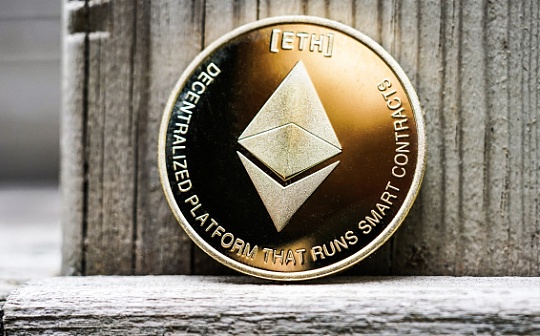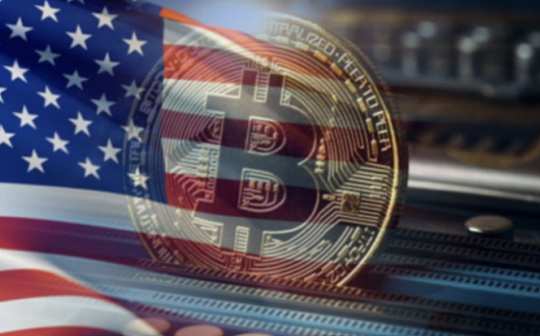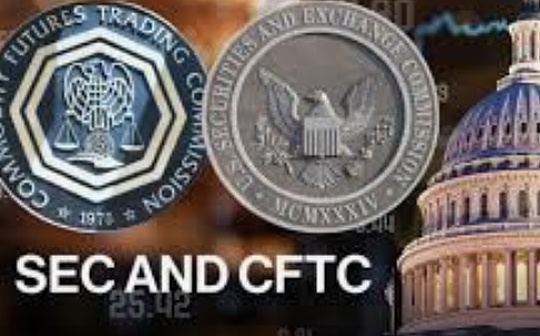
Author: Ben Strack, Blockworks; Compiled by: Wuzhu, Bitchain Vision
As U.S. spot Ethereum ETFs are expected to be launched soon, there is a detail missing from several proposals that are the fees they will charge investors.
These are likely to be listed in the final registration statement or S-1 — submitted after the SEC said it was ready to allow them to begin trading.This may happen as early as this week, people familiar with the matter said.
While prices are often an important fund feature in the highly competitive ETF sector, the cheapest is not guaranteed to win in any category of asset competition.
Crypto ETF experts and media (including Blockworks) talked about the so-called “fee war” in January, when the fund group was preparing to launch the first U.S. spot BTC funds.
They and we are paying attention again.But it is difficult to accurately quantify what these tiny basis point differences mean for investors.
Franklin Templeton announced in May that its spot Ethereum ETF program charges a 0.19% fee.VanEck plans to charge a 0.20% fee for similar products.Invesco and Galaxy Digital said in a filing Monday it plans to charge a 0.25% fee for their joint submissions.
Other issuers that are preparing to offer Ethereum ETFs—such as BlackRock, Fidelity and Grayscale—have not announced the fees for their proposed ETH products.
ETF Store President Nate Geraci pointed out last month thatHe expects the spot Ethereum ETF fee war to be “as cruel and bloody as the war around BTC funds.”
But Sumit Roy, senior analyst at ETF.com, saidDistribution and brand names are more important to ETH fund issuers than small fee differences.
“BlackRock’s Ethereum ETFs may be more popular than the Ethereum ETFs that are new to the new ETF publishers, even if BlackRock’s fund price is 5 basis points higher,” he pointed out.
Roy acknowledged that larger differences, such as 10 or 20 basis points, could have a greater impact on investors.
Ultimately, he added that spot Bitcoin ETFs provide “a good template” for how competition within the Ethereum ETF category unfolds.
“BlackRock and Fidelity have huge advantages that they will take advantage of, but small publishers like Bitwise also have the opportunity to gain a foothold in the field with low fees and unique perspectives,” he said.
The lowest U.S. spot Bitcoin ETF fee (excluding initial fee relief) is 0.19% of Franklin Templeton.One day after the fund was launched, the company’s expenses were less than 0.20% of Bitwise’s.
But Franklin Templeton’s BTC fund attracted only $345 million in net inflows six months after its listing.Bitwise Bitcoin ETF (BITB) brings about $2.1 billion in funding.
BlackRock and Fidelity’s funds lead in the category, with $18 billion and $9.5 billion respectively.Both charge slightly higher rates at 0.25%.
The most expensive fund to date, the Grayscale Bitcoin Trust ETF (GBTC), with a fee rate of 1.5%, has experienced a net outflow of $18.6 billion.
Industry observers continue to pay attention to Grayscale’s charges for “mini” GBTC and Ethereum Trust (ETHE).
While some advisers say they have moved their funds from GBTC to cheaper BTC funds, others have taken into account custodians, spreads and liquidity when deciding which ETFs to allocate.






